Daily money
5 essential tips from young entrepreneurs making their own rules
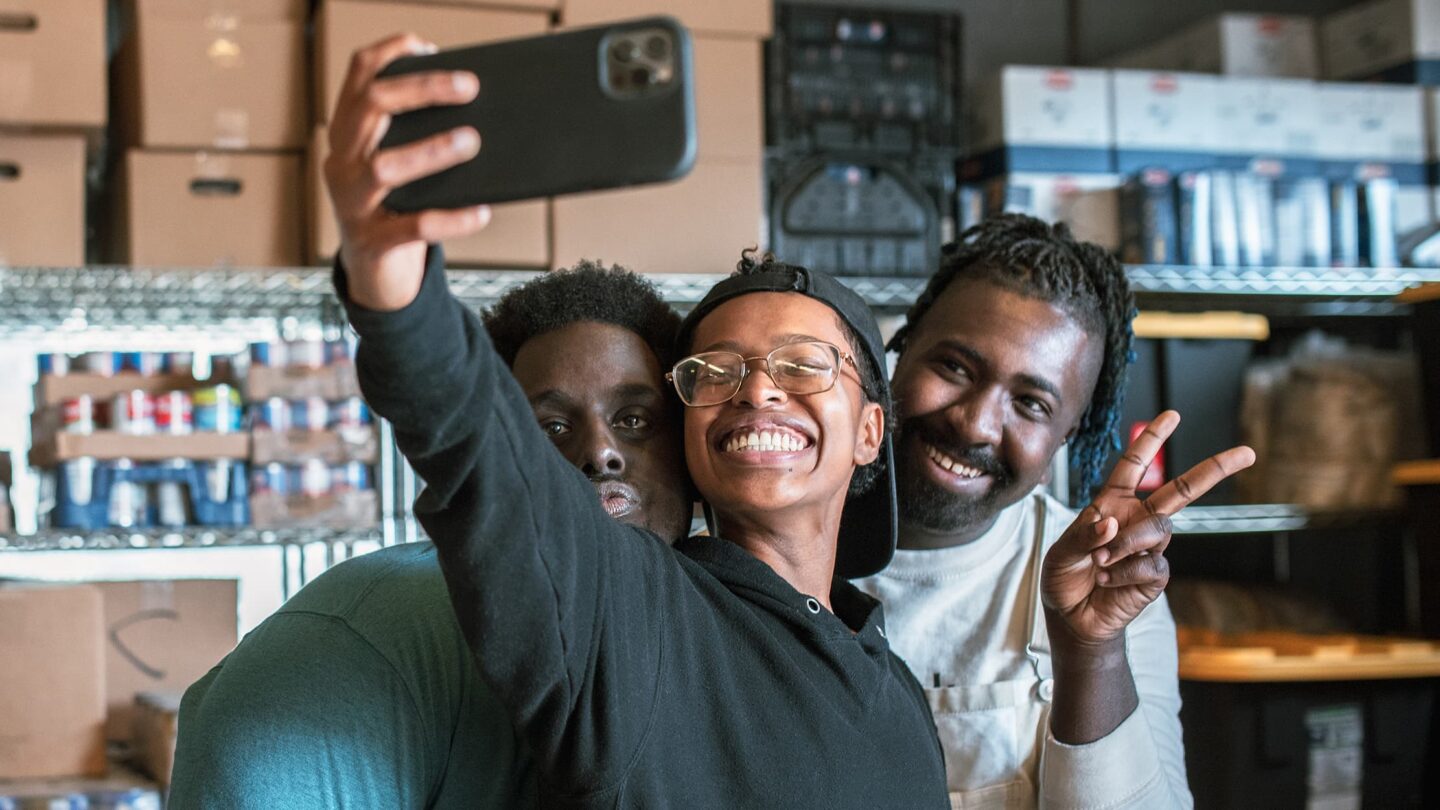
Running your own business is hard – and the advice most often dished up to young entrepreneurs is staid, predictable, and often wholly impractical.
Of course, it helps to start a business with lots of cash, a business degree under your belt or an experienced mentor to guide you through the tough times. But the reality for most entrepreneurs is that these are all in short supply – and waiting to tick the traditional boxes is often a reason many businesses don’t get off the ground.
Throughout South Africa, young business owners are breaking some, or all, of those rules – and many are succeeding because of it.
Here are five practical tips from young South African entrepreneurs making their own rules in various industries, from skincare to canned chicken.
“Rather than following the usual rules of getting an idea, writing a business plan, and pitching that to investors, it’s more important to find what you’re passionate about and what you feel is missing in society.” – Kafui Awoonor, founder of Kafui Naturals
Kafui Naturals founder Kafui Awoonor started making her skincare products in her home kitchen after experiments with Shea Butter and essential oils. Awoonor never meant for this to be a business, but it quickly grew into one when she realised her passion and dedication had translated into a product other people desired.
“How my business came to be, and how it is sustaining itself, is because the products I make are products that I use for myself. I initially started not to make money but out of a need for products that didn’t contain harmful chemicals or preservatives. That then came to an understanding that other people were also looking for products like these, which later grew into a business,” says Awoonor.
“The most important factor is my ability to dream and believe in what I want to achieve.” – Eiren Drake, co-founder of Tin Stuf
26-year-old Eiren Drake co-founded Tin Stuf, a business selling chicken feet and necks. The company landed a significant distribution deal with the Shoprite Group, and Drake has had to learn a lot about running a business in a short time.
“The most important factors when starting my business have been the ability to dream and believe in what I’d set out to achieve, with an unwavering passion to succeed in turning that dream into a reality. This, backed with the patience and perseverance to follow through, has been the key influencing factor behind my journey to date,” says Drake.
Drake believes that as a result of this patience and dedication, experience has come naturally, and it’s not a pre-requisite to starting your own business.
“Nothing beats doing what you want to be doing – and gaining knowledge as you do.” – Sarah Kennan, founder Leonista.
Leonista founder Sarah Kennan had no formal business qualification when she started her successful business making high-quality Agave in South Africa’s arid Karoo region. Although she believes a relevant qualification may help, you shouldn’t let this hold you back.
“Nothing beats doing what you want to be doing and gaining knowledge as you do. I am someone who learns best by doing. Get your fundamentals at school. From there, you need to learn how to learn. A university degree will help a lot, but a curious mind, openness to give things a go is always great. These days online courses can do the trick.”
“Youtube is a great free training resource that we often use to help with gaps in our own knowledge.” – Tash Liesner, co-founder of Style Rotate
Style Rotate co-founders Cleopatra Marcopoulos and Tash Liesner met while doing an internship at a fashion magazine. The pair combined their passion for quality clothing and their disdain for fast fashion to launch a business that made it possible to rent clothing items rather than buy and later dispose of them.
“Neither of us had any experience in fashion rental per se – but we did have an innate understanding of the South African fashion landscape that has been key to our success,” says Liesner.
Liesner also believes you don’t need to attend a conventional university to gain knowledge or experience when starting a business. For example, they built their website and set up their accounting software simply by watching YouTube tutorials.
“The idea and the passion came first – the spreadsheets and business plan followed.” – Tom Riley, founder of Tiny Key Canning Co.
Tom Riley, the founder of beverage canning company Tiny Keg Canning Co., appreciates that conventional wisdom says you need a raft of spreadsheets and a comprehensive business plan when raising capital. But when starting his business, which now cans a significant portion of South Africa’s canned craft beer and wines, he had neither.
“We actually met our now investors before we even had a business plan. We had a clear idea and vision of the opportunity but hadn’t formalised it into a plan or financial projections. The idea and the passion came first – the spreadsheets and business plan followed. It started with talking about the idea – if we’d waited until we had a perfect plan, we probably would never have started!” says Riley.
This article was produced by Adspace Studio for Fin24.
Want to know how you can take control of your business? Read this guide for top tips to help you master your business admin.7 ways to take control of your business
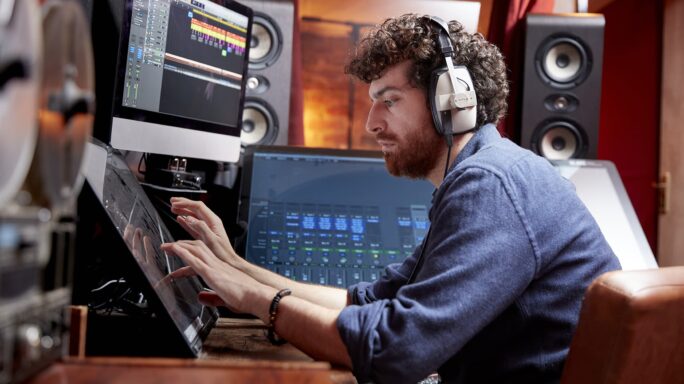


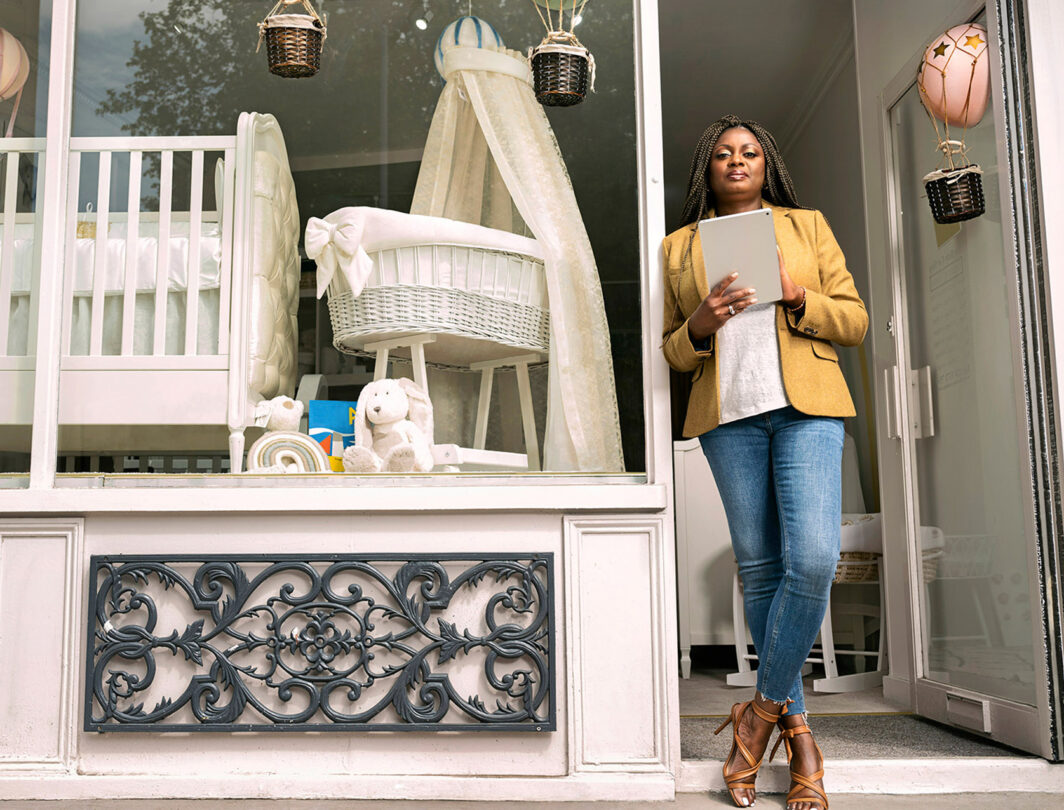
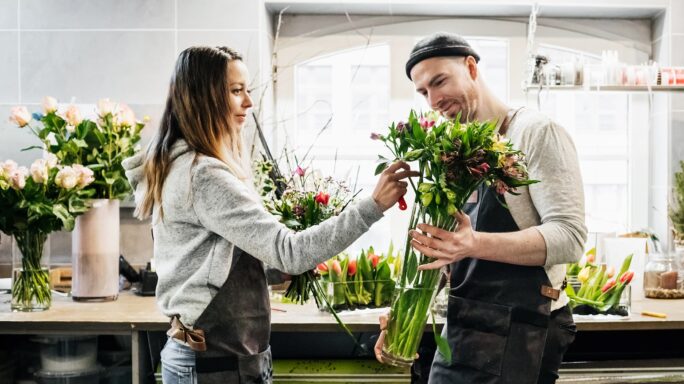

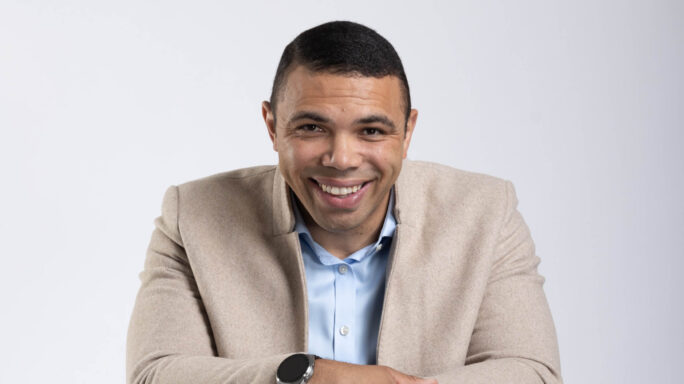

Ask the author a question or share your advice